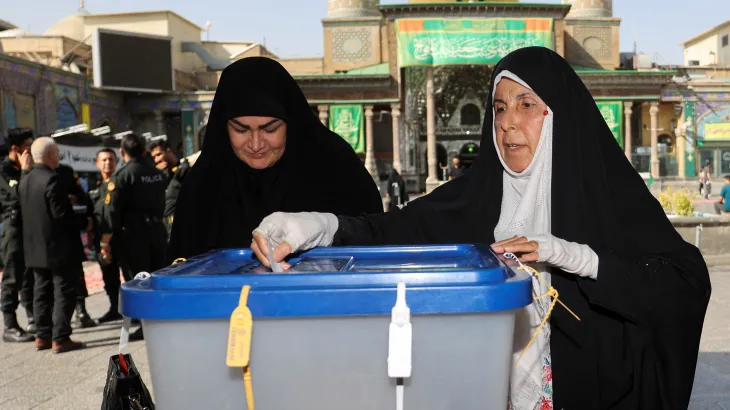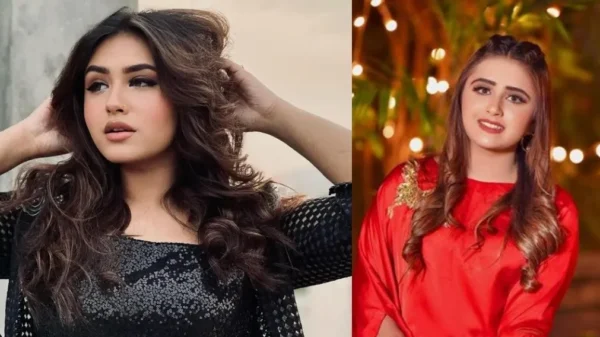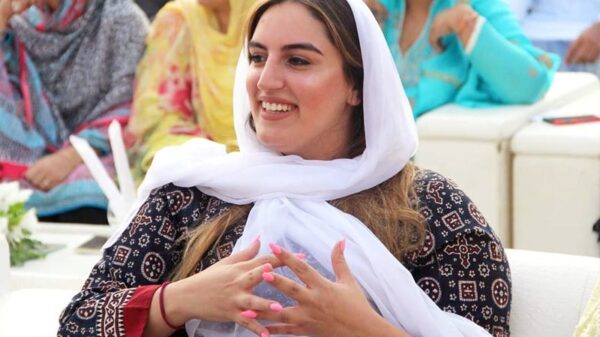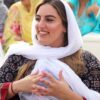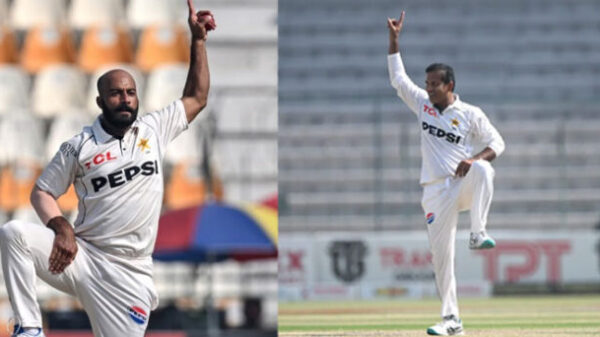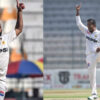Iranians will cast their votes for a new president on Friday following the death of Ebrahim Raisi in a helicopter crash. Voters will choose from four candidates amidst widespread public frustration.
Although the election is not expected to bring significant changes to Iran’s policies, its outcome could influence the succession to Ayatollah Ali Khamenei, Iran’s 85-year-old supreme leader who has been in power for over three decades.
Khamenei has urged for a “maximum” turnout to address a legitimacy crisis exacerbated by public discontent over economic hardships and restrictions on political and social freedoms.
Voter turnout has declined notably in recent years, particularly among the youthful population dissatisfied with political and social constraints.
Polling stations will open at 8am local time (0430 GMT) and close at 6pm (1430 GMT), with possible extensions until midnight. Due to manual ballot counting, the final results are expected within two days, although preliminary figures may be available sooner.
In the event that no candidate secures over 50% of the votes, a runoff between the top two candidates will be held on the first Friday following the initial result announcement.
Of the four candidates, three are hardliners and one is a comparatively moderate figure supported by the sidelined reformist faction in Iran.
Critics of Iran’s clerical rule argue that declining voter turnout in recent elections reflects a loss of legitimacy in the system. Only 48% participated in the 2021 election that brought Raisi to power, and turnout hit a record low of 41% in a parliamentary election three months ago.
This election coincides with heightened regional tensions, including the conflict between Israel and Iranian allies Hamas in Gaza and Hezbollah in Lebanon, as well as increased Western pressure over Iran’s advancing nuclear program.
While the next president is unlikely to shift major policies on Iran’s nuclear program or regional support, they will manage day-to-day governance and can influence the tone of domestic and foreign policy.
Candidates were vetted by a hardline watchdog body aligned with Khamenei, which initially approved six out of 80 candidates. Two hardline contenders later withdrew, leaving a field dominated by figures like Mohammad Baqer Qalibaf, parliament speaker and former Revolutionary Guards commander, and Saeed Jalili, a former nuclear negotiator.
The sole moderate candidate, Massoud Pezeshkian, supports the theocratic rule but advocates for improved relations with the West, economic reforms, social liberalization, and political pluralism.
Pezeshkian’s prospects rely on reinvigorating support among reform-minded voters who have abstained from recent elections due to perceived lack of change under previous pragmatic presidents. He also stands to benefit from fragmentation among hardline voters.
All candidates have pledged to address Iran’s struggling economy, plagued by mismanagement, corruption, and sanctions reinstated since 2018 after the US withdrew from Tehran’s 2015 nuclear agreement with world powers.
The hashtag #ElectionCircus has gained traction on social media platforms, with some Iranians calling for a boycott to protest against legitimizing the Islamic Republic through high voter turnout.


